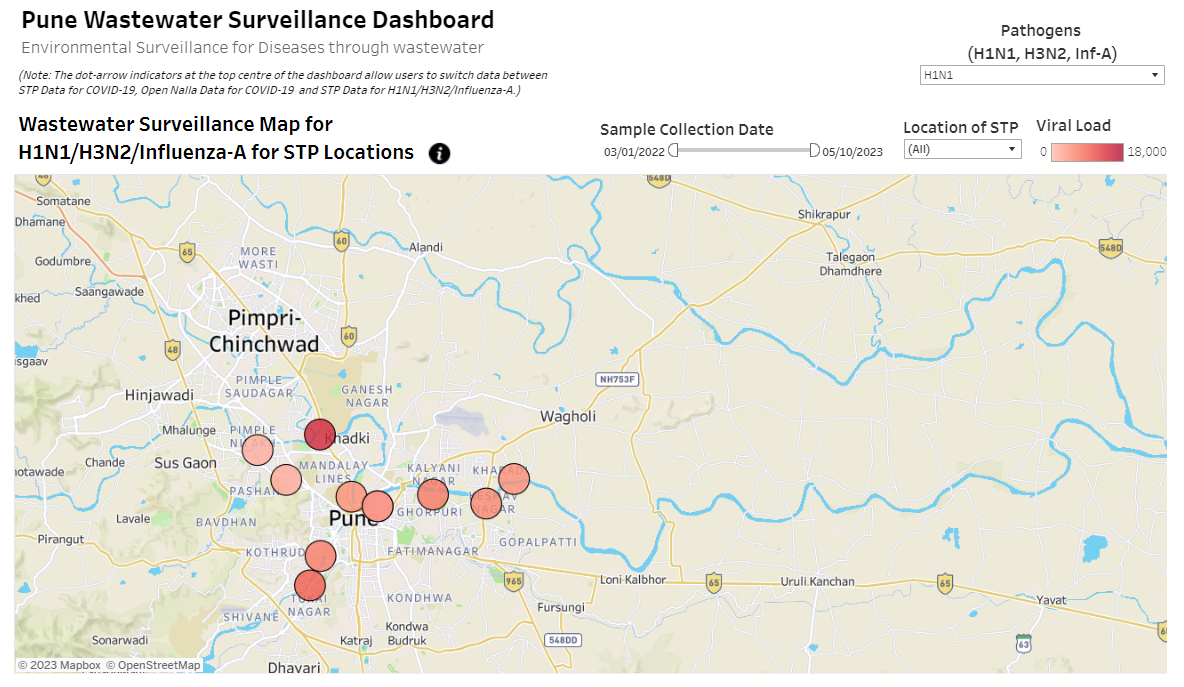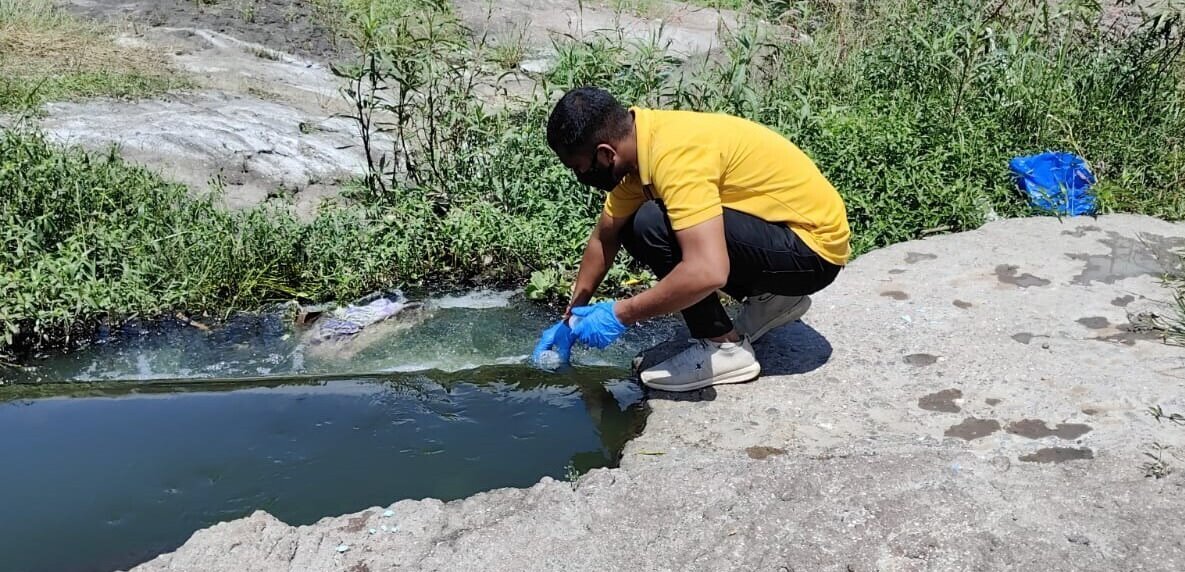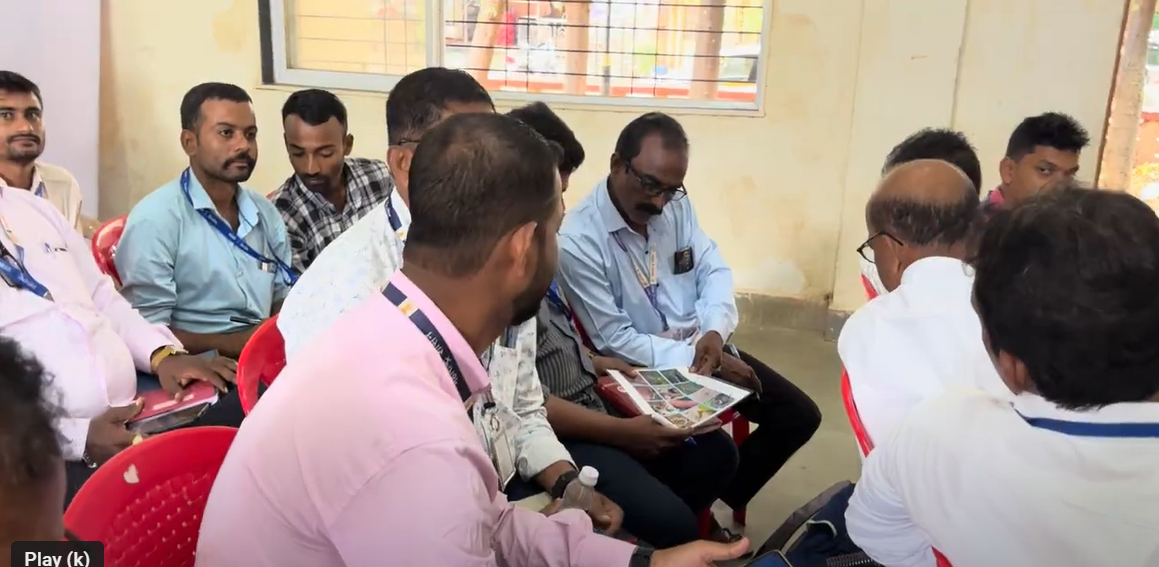The global pandemic served as an eye-opener for the need to learn about navigating public health crises. From this crisis emerged a lesson that cannot be ignored: building a robust ecosystem that enhances communication amongst all the relevant stakeholders, especially at the city level, is crucial to mitigating public health challenges. Among the many efforts that emerged to address this need, Pune Knowledge Cluster (PKC) has taken significant strides in developing pathways towards building a comprehensive public health management framework for Pune district.
Established by the Office of the Principal Scientific Adviser (O/o PSA) to the Government of India, PKC is one of the eight knowledge clusters in the country, which aims to bring together a diverse range of stakeholders, including scientists, government officials, and citizen representatives, to solve regional challenges and problems using an ecosystem approach. At the heart of PKC’s vision is the belief that the ecosystem developed for public health management must be rooted in adaptability and agility. PKC’s initiatives are therefore centered towards transforming the way in which stakeholders collaborate and partner to solve critical challenges in public health through three fundamental pillars: enhancing disease surveillance, empowering healthcare workers, and developing robust databases to facilitate effective disease monitoring and response.
Enhancing disease surveillance systems
Disease surveillance systems play a significant role in the fight against both endemic and emerging diseases. The absence of an efficient surveillance framework can quickly lead to the escalation of health crises and mismanagement, causing a significant burden on the healthcare system. To address this, PKC has co-conceptualised the Pune Wastewater Surveillance Project, by bringing together a group of collaborators – including local civic bodies, research organisations such as CSIR-National Chemical Laboratory (CSIR-NCL) and Symbiosis School of Biological Sciences, private organisations such as GenePath Diagnostics, and hospitals such as BJ Medical College and KEM.

Mahesh Dharne, Scientist, CSIR-NCL elaborates upon the importance of using wastewater surveillance as a complementary method to the traditional clinical surveillance in order to enhance the surveillance systems,
While clinical surveillance mainly relies on symptoms displayed by the patient, in diseases such as COVID-19, many patients were asymptomatic and such patients could as super-spreaders, with no way to track them. By using wastewater surveillance, one is able to detect the virus regardless of any symptoms displayed by the patient.”
Today, the consortium built and managed by PKC has been involved in sampling and analysing untreated wastewater at sewage treatment plants (STPs) and open drains across Pune, targeting not just SARS-CoV‑2, but also other infectious diseases such as H3N2, H1N1 and Influenza‑A. In addition, the surveillance is also extended to understand the nature of antimicrobial resistance (AMR) within the community.
PKC has been working to enhance disease surveillance, not only in human populations but also in the environment through projects that are aimed towards understanding the spread of zoonotic diseases. Furthermore, PKC is also part of the Alliance for Pathogen Surveillance Innovations (APSI), through which it focuses on supporting the development of kits for detecting infectious diseases through wastewater. This effort reflects the cluster’s commitment to building localised, effective, and scalable disease surveillance tools.

Building capacity amongst health workers
While disease surveillance systems are essential for early detection and planning, an equally important component of effective healthcare management is the empowerment of healthcare workers, particularly the on-ground multi-purpose workers (MPWs) who are involved in disease surveillance, prevention and control. Officials from the Maharashtra State Health Department have been proactive in combating vector-borne diseases and have identified a critical gap in the capacity building of MPWs, who require periodic refresher training to safeguard their health and improve their efficiency in the field.

To address this, PKC, together with the National Center for Vector Borne Disease Control (NCVBDC), and District Malaria Offices within Pune and other districts, have launched SAKSHAM, a series of workshops for healthcare workers from different talukas across Maharashtra. PKC has collaborated with organisations such as ICMR-National Institute of Virology, Prayas Health Group and India Meteorological Department to provide detailed information to the healthcare workers about the different types of vector-borne diseases, methods for identification, the impact of climate change on vector life cycle and best practices for prevention and treatment of the diseases.
So far, over 1,300 multipurpose healthcare workers have been trained under this programme, across 40 talukas in the Pune, Kolhapur, and Raigad districts.
The success of the programme lies in its community-centric approach, which helps bridge the knowledge gaps in areas with limited health awareness, ensuring that the information reaches those who need it the most.
The power of data in healthcare management
In today’s world, data is the cornerstone of everything. One of PKC’s most innovative contributions towards building pathways for public health management is its approach to data collection, analysis, and application.
The organisation has developed one-of-a-kind dashboards for disease surveillance and AMR surveillance, which focus on displaying the viral load of infectious diseases or the AMR trends through wastewater sampling.
PKC’s dashboards enable near real-time tracking of disease and AMR trends from wastewater samples. The dashboards are updated regularly, allowing municipal corporations and public health authorities to take timely actions. The user-friendly interface of the dashboard ensures that anyone, from government officials to citizens, can access and interpret the data. PKC’s COVID-19 dashboard has also been recognised as one of the key resources for disease monitoring using wastewater surveillance by the World Health Organization (WHO). It is the only WHO recognised dashboard of its kind from India.
In addition to the dashboards for wastewater surveillance, PKC has also enabled the development of an open-source database of in-patient data of 2000 COVID-19 patients, which will lead to better disease understanding and enable disease management and treatment, by collaborating with hospitals such as BJ Medical College, Noble Hospitals and Symbiosis University Hospital and Research Centre; research organisations – CSIR-NCL, and the companies – AIQoD (Formerly- GI Bots) and EPIC-Health Information Management. Rajesh Karyakarte, Professor and Head at the Department of Microbiology, B.J. Medical College emphasises that this database represents India’s vital contribution to medical research on infectious diseases.
These data platforms built by PKC can generate a plethora of insights, helping policy decisions and local responses to diseases and AMR.
A vision for the future
These initiatives highlight the importance of an ecosystem approach to building sustainable initiatives, where science and technology are used to solve problems of the community. With its commitment to continuous learning, data-driven decision-making, and community engagement, PKC is focused on building models for collaborative public health management.
indiabioscience.org (Article Sourced Website)
#Public #health #practice #PKCs #ecosystem #model #disease #surveillance #response
